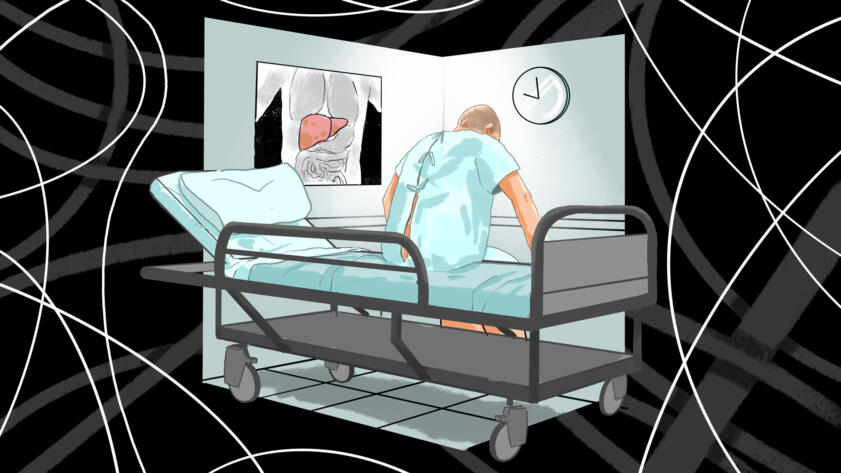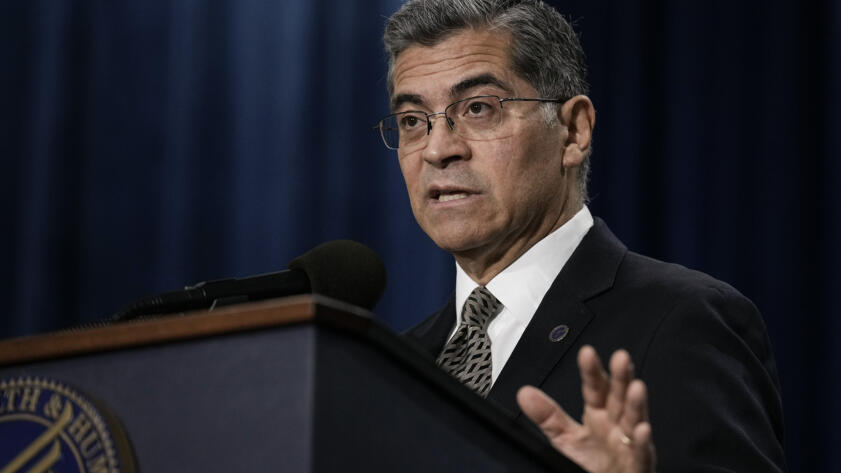The federal government announced a plan Wednesday that would wrest control of the country’s transplant system from its longtime nonprofit contractor, the United Network for Organ Sharing (UNOS).
The Health Resources and Services Administration (HRSA), a division of the U.S. Department of Health and Human Services (HHS) that contracts directly with UNOS, seeks to break up the current all-encompassing contract into pieces intended to go to multiple contractors, according to HRSA. The plan was first reported by The Washington Post.
“At HRSA, our stewardship and oversight of this vital work is a top priority,” HRSA administrator Carole Johnson said in a release. “That is why we are taking action to both bring greater transparency to the system and to reform and modernize the OPTN. The individuals and families that depend on this life-saving work deserve no less.”

Organ Failure
Poorer States Suffer Under New Organ Donation Rules, As Livers Go to Waste
Life-saving liver transplants have plummeted in some Southern and Midwestern states with higher death rates from liver disease, while New York and California have made big gains
The announcement comes a day after The Markup and the Post published an investigation detailing how a liver sharing policy that UNOS created disproportionately affects a handful of poorer states in the South and Midwest, while two states that lobbied fiercely for the policy reap many of the benefits.
UNOS’s current $6.5 million contract for the Organ Transplantation and Procurement Network (OPTN) gives it control over nearly all facets of the transplant system, including policymaking, oversight, and the technology that underlies the system. UNOS has held the contract for nearly 40 years.
The largest change would break the contract into multiple pieces “in order to foster competition and ensure” independence for the board that oversees the system. (UNOS and the OPTN currently share a board.) To do so, the agency is asking for an increase in its budget to $67 million to fund the additional contractors. It is not clear exactly how many pieces the contract will be broken into. HRSA is also asking Congress to broaden which contractors would be eligible to bid on such contracts, since the way the law is currently written favors UNOS.
Other proposed changes would bring the underpinning technology in line with modern standards and produce “data dashboards” on the performance of nonprofits charged with organs,
UNOS and HHS have faced a growing wave of criticism from Congress and others over the transplant system’s performance. Under UNOS’s stewardship, a significant number of organs go to waste, including, in 2021, the highest number of livers in nearly a decade. In a Senate hearing last year that focused on issues with kidney transplants, senators noted reports that kidneys, which can be flown commercially, are regularly left to spoil.
UNOS’s technology has long been a point of contention, as UNOS has said it owns the system that makes the transplant function digitally, not the U.S. government. This system was the subject of a confidential assessment in 2021, in which the White House’s U.S. Digital Service recommended the system be “vastly restructured” and broken out from the main transplant contract.
During the hearing, Sen. Elizabeth Warren (D-MA) told Brian Shepard, then-CEO of UNOS, “You should lose this contract.”
An investigation by The Markup and the Post found that for livers, the second-most transplanted organ, UNOS pushed through a policy that it was warned would disenfranchise states that already struggled with access to health care. The investigation found that those fears came true—a handful of states that are more rural, have lower household incomes, fewer transplant hospitals, and lower rates of insured people are most hurt by the policy.
Two of the states that benefited most significantly were New York and California, which along with Massachusetts lobbied vehemently for the change, going as far as funding a lawsuit that eventually overturned the system. Among the main changemakers in this policy were two UNOS past presidents and its CEO at the time, as well as organ procurement executives.
The proposed changes by HRSA would need to be approved by Congress. But in an interview with the Post, Johnson said the agency is able to act even if Congress does not agree.
UNOS’s contract is up for renewal this fall.




